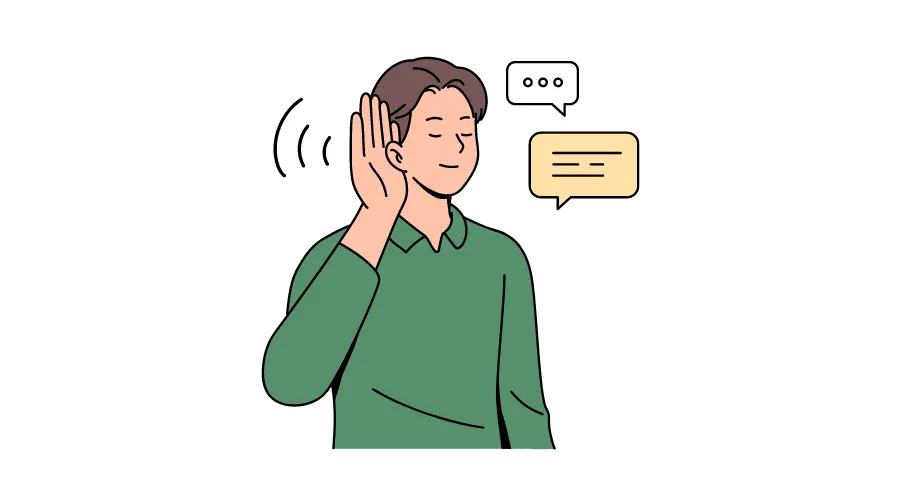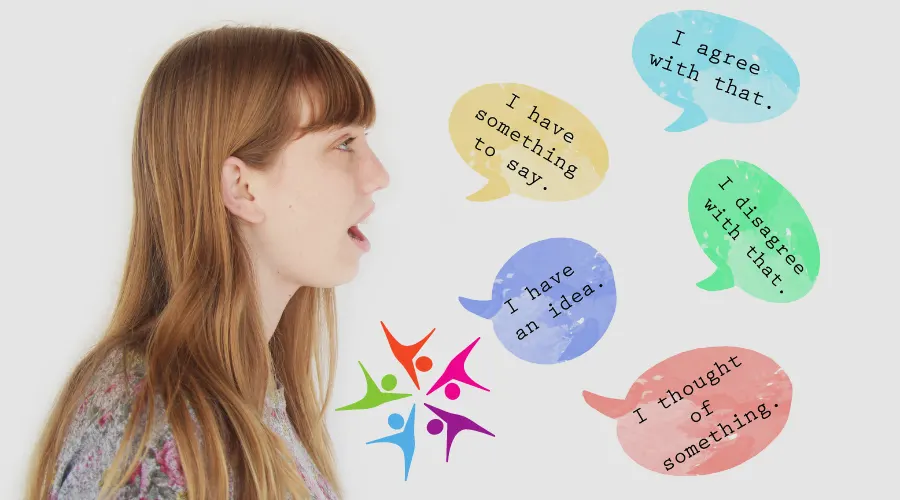Effective communication skills are very important for a student. If the student is introverted, then they face this problem so much. I was also an introvert during my early student life. So, I know how difficult it is for an introverted student to communicate.
The advice I give to my students is how they can learn to communicate effectively. I not only teach but also advise students on how to use it properly. From my understanding and findings here, I am going to share with you some things that will make a student proficient in effective communication.
Before discussing that topic, let’s find out why communication skills are important for you as a student. So, let’s begin.
Why communication skills is important for students?
Developing effective communication skills is important for many reasons, especially when students are studying in an institution, be it college, school, or university. However, the reasons why students should become masters in communication can be understood by looking at the points below.
1. First, he will need to communicate with his teachers. If you can’t communicate properly with the professor, then you will definitely miss out on a lot.
2. Mastering communication skills in your student life can pave the way for a successful career. Effective communication is a key to progress, and those who excel in it can overcome any obstacle. By honing your communication skills now, you are investing in your future professional success.
Ways to improve your communication skills as a student
Developing communication skills in student life is relatively easy. If you are a conscious student and want to improve your communication skills, use the following skills in daily communication. After a few days, you will understand by yourself whether they are useful or not.
1. Practice active listening

Every student should cultivate active listening. It not only helps you understand others better but also shows them that their thoughts and opinions are valued. Good communicators speak more than listen. So, strive to understand others’ perspectives without interrupting or formulating untimely responses. It will foster mutual respect and enhance understanding.
2. Think Before Speaking

Most people need to get used to thinking things through. And this poison is absolutely right for students. It would help if you were a good communicator as a good student. Take a moment to organize your thoughts before you speak to ensure clarity and coherence in your communication. As a result, the person on the other side can understand what you are saying when you speak.
3. Be brief and concise.
It is a great skill to convey others’ messages briefly. As a student, learn to convey your message succinctly. Avoid unnecessary details or jargon. Failure to do so may confuse your audience or teacher.
4. Body language
Body language is important in effective communication. Because nonverbal cues such as posture, eye contact, and gestures complement verbal communication and convey confidence and sincerity, so get your body language right to show yourself as a student.
5. Positive attitude and smile
The combination of these two factors is very important in terms of communication. It is a powerful combination that not only makes you reach easily but also boosts your confidence. Imagine yourself as a student in a group discussion. Smiling and maintaining a positive attitude can make you more relaxed and confident, and it can make others more receptive to your ideas.
6. Be confidence.

Our students need more confidence about everything. But that shouldn’t be at the expense of effective communication. You have to be confident. Believe in yourself and your abilities. Confidence in your communication skills will naturally increase your presence and credibility.
How to practice as a student to improve communication skills
There are many ways to practice in student life. I will discuss only some of them. I have provided below only those that have been proven to be more effective.
1. Participate in the debate
Any debate competition that comes your way, you will participate in it. It has been observed that students who have participated in various debate competitions during their school life have demonstrated better communication skills than their peers.
2. Prepare short speeches for school assemblies
If you are going to give a speech anywhere in your student life, prepare it in advance. Moreover, try to present it briefly. Try to seize any opportunity to speak. It will help improve your communication skills and remove fear.
3. Check your messages
If you want to send a message to a friend, a teacher, or anyone else, you should check the message at least twice. It’s a very good practice. I’ve seen many of my students send me messages without doing this, and as a teacher, I was very upset.
4. Participate in communication workshops or courses
Seek out opportunities to attend workshops or courses that focus on communication skills development. These can provide valuable insights and practical techniques for improvement.
5. Read widely and write regularly
Cultivate a habit of reading diverse materials and expressing your thoughts through writing. It enhances vocabulary, language proficiency, and clarity of expression. As a student, you need to practice it without any arguments.
6. Engage in group discussions and presentations
Actively participate in group discussions and presentations, solicit feedback, and refine your communication skills in a collaborative setting.
Final thoughts
Dear students, you can understand how to improve your communication skills. But the special poison to remember here is constant practice. If you don’t know and practice, you will never master this subject.
So memorize the communication skills whenever you get the chance and use them in your communication. If you need help remembering, read the blog again and take notes. Finally, you should remember that improving communication skills is a continuous journey that requires dedication, practice, and an open mindset.
Improve your communication skills as a student FAQ
Overcoming nervousness when speaking in public takes practice and preparation. Start by rehearsing your speech or presentation multiple times, and visualize yourself delivering it confidently.
Practice deep breathing exercises to calm your nerves before speaking, and focus on connecting with your audience rather than worrying about perfection.
Improving active listening skills involves focusing your attention on the speaker, maintaining eye contact, and avoiding distractions.
Practice summarizing or paraphrasing what the speaker has said to ensure understanding, and ask clarifying questions when necessary. Additionally, demonstrate empathy by acknowledging the speaker’s emotions and perspective.
Suggested read:

